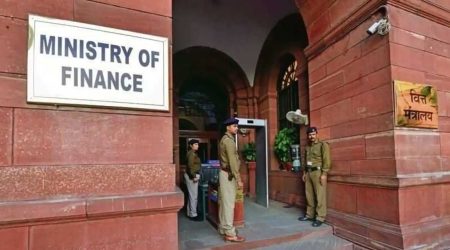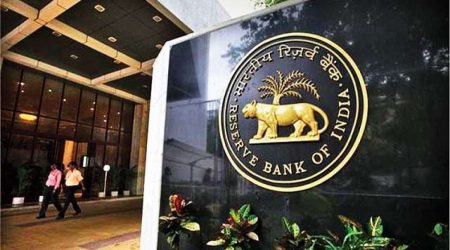India has developed a world-class digital public infrastructure (DPI) to support its sustainable development goals with its journey having lessons for other countries embarking on their own digital transformation, IMF has said in a working paper, noting that digitalization has supported formalization of India’s economy and Aadhaar has helped in direct transfer of payments to beneficiaries while reducing leakages.
The working paper ‘Stacking up the Benefits Lessons from India’s Digital Journey” said that the government played a catalytic role, acting as an anchor client and establishing institutions to ensure continuity in India Stack’s operations.
It said that using this digital infrastructure, India was able to quickly provide support to an impressive share of poor households during the Covid-19 pandemic.
The paper said that using a digital backbone allowed India to scale its vaccine delivery quickly and overcome challenges such as large-scale internal migration. The technology underlying CoWIN, a digital platform developed by India to capture the Covid-19 vaccination program, has been deployed in Indonesia, the Philippines, Sri Lanka and Jamaica to help facilitate their vaccination programs.
The paper lauded Pradhan Mantri Jan Dhan Yojana (PMJDY) launched by the Narendra Modi government and said sound policies led to a competitive, open, and affordable telecommunications market and lowering of cost of mobile data by 90 percent led to a jump in data usage.
The paper said that demonetization led to greater use of other forms of payment, including the UPI.
It said Aadhaar helped facilitate the transfer of social safety net payments directly from the government treasury’s accounts to beneficiaries’ bank accounts, helping to reduce leakages, curb corruption and providing a tool to effectively reach households to increase coverage.
“The Government of India estimates that, up to March 2021, about 1.1 percent of GDP in expenditure was saved due to the digital infrastructure and other governance reforms,” the paper said.
It said that using this digital infrastructure India was able to quickly provide support to an impressive share of poor households during the pandemic.
The paper said digital payments are now ubiquitous and UPI accounts for 68 percent of all payment transactions by volume.
“The use of digital payments has expanded the customer base of smaller merchants, documenting their cash flow and improving access to finance. Roughly 4.5 million individuals and companies have benefited from easier access to financial services through the Account Aggregator, since it was first launched in August 2021, and adoption is increasing rapidly,” the paper said.
It said digitalization has also supported the formalization of the economy, with around 8.8 million new taxpayers registered for the GST between July 2017 and March 2022, “contributing to buoyant government revenues in recent years”.
“Government service provision is streamlined; for example, citizens can access documents issued by state and central government through one platform. Similarly, the India Stack has digitized and simplified Know Your Customer procedures, lowering costs; banks that use e-KYC lowered their cost of compliance from $12 to 6 cents. The decrease in costs made lower income clients more attractive to service and generated profits to develop new products,” the paper said.
“India’s journey highlights lessons for other countries embarking on their own digital transformation. India Stack’s development is guided by a foundational building blocks approach, and a focus on supporting innovation across the ecosystem,” it added.
The IMF paper said that the building block approach involves unbundling the components of the solution to a set of problems and identifying a minimal common core.
Luis E Breuer, IMF Senior Resident Representative to India, said in a tweet that India’s digital public infrastructure is transforming people’s lives.
“India has built a world-class digital public infrastructure that has lessons for many countries. The latest research by @IMFnews shows how it is transforming the economy and peoples’ lives,” he said.











